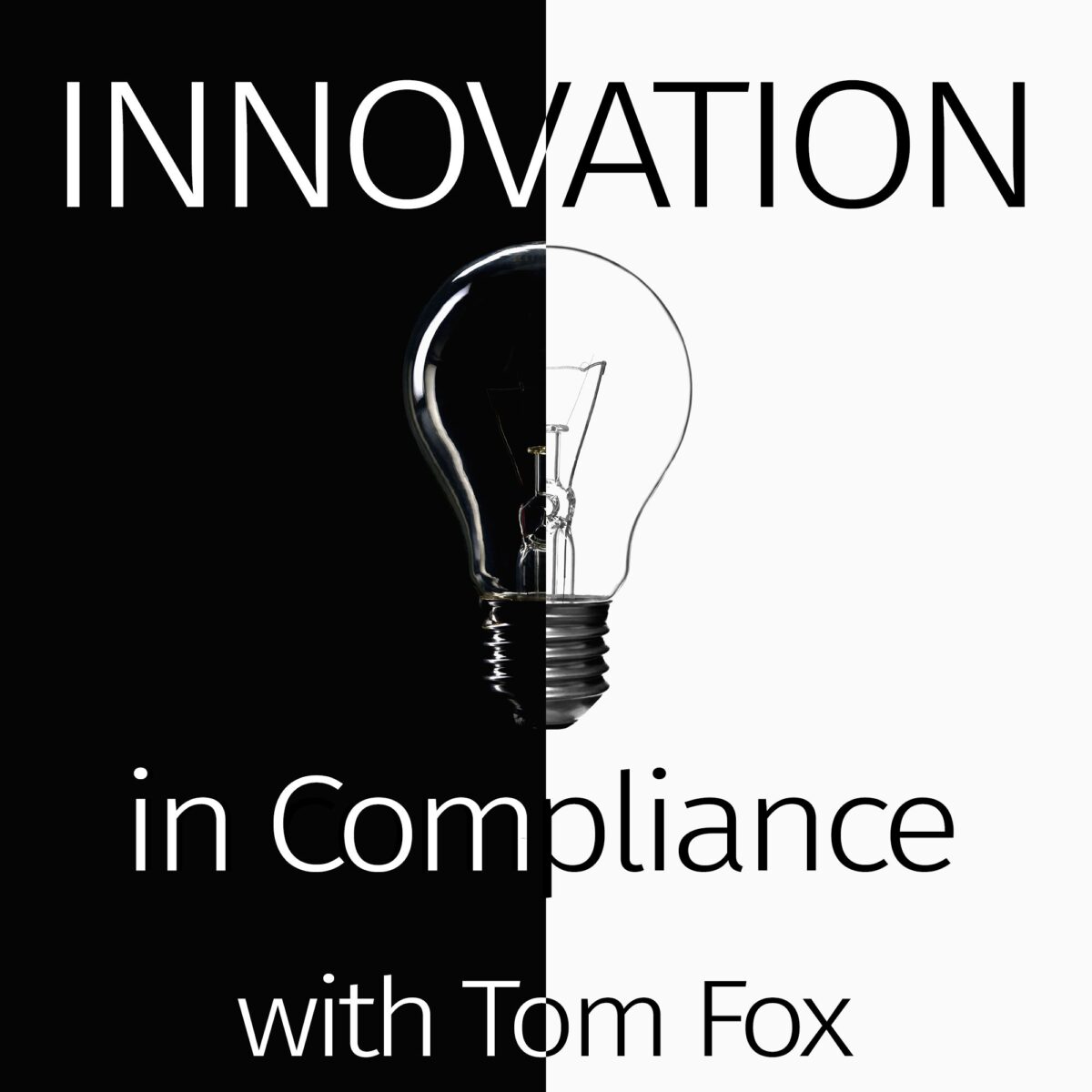Innovation comes in many forms, and compliance professionals need to not only be ready for it but also embrace it. My guest in this episode is Steve Vincze, founder of Trestle Compliance.
Steve Vincze is a seasoned professional with a rich background as an in-house corporate commercial compliance lawyer, specializing in building trust and implementing compliance programs in businesses. His perspective on the subject is rooted in the belief that developing a human connection is key to building trust and implementing successful compliance programs. Drawing from his experience, including being recruited by Tap Pharmaceuticals to implement their first compliance program, he emphasizes the importance of modeling the behavior he wants from others and creating an environment where people feel comfortable sharing. He views compliance programs as tools to empower individuals rather than restrict them, and he strives to change the perception of compliance by demonstrating that it can be a tool for confidence and success. Join Tom Fox and Steve Vincze on this episode of the Innovation in Compliance podcast to learn more about his unique approach.
Key Highlights:
- Establishing Trust through Human Connection
- Experienced Professionals Providing Comprehensive Consulting Solutions
- Expert Compliance Program Implementation Services
- The Impact of Artificial Intelligence on Data Security
Resources:
Steve Vincze on LinkedIn
Trestle Compliance
Tom
For more information on Ethico and a free White Paper on top compliance issues in 2024, click here.






